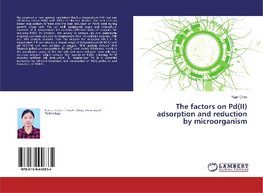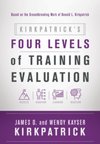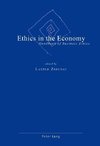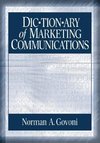
-
 Anglický jazyk
Anglický jazyk
The factors on Pd(II) adsorption and reduction by microorganism
Autor: Yuan Chen
We screened a new aerobic bacterium (Bacillus megaterium Y-4) that can efficiently reduce Pd(II) with different electron donors. The best electron donor was sodium formate and the best reduction of Pd(II) were by log growth phase cells. The cell wall, periplasmic... Viac o knihe
Na objednávku, dodanie 2-4 týždne
36.99 €
bežná cena: 41.10 €
O knihe
We screened a new aerobic bacterium (Bacillus megaterium Y-4) that can efficiently reduce Pd(II) with different electron donors. The best electron donor was sodium formate and the best reduction of Pd(II) were by log growth phase cells. The cell wall, periplasmic space and intracellular contents of B. megaterium Y-4 contains different kinds of enzymes for reducing Pd(II). In addition, the activity of extracellular and periplasmic enzymes was more sensitive to temperature than intracellular enzymes. XRD and XPS analysis revealed that the enzyme for reducing Pd(II) in B. megaterium Y-4 can tolerate a broad range of temperatures (20-60°C) and pH (2.0-7.0) but was sensitive to oxygen. TEM analysis showed that biogenic palladium nanoparticles (Pd-NPs) were mainly distributed evenly in the periplasmic space of the live cells and were released from cells into aqueous solution, which reduced the toxicity of Pd(II), allowing Pd-NP recovery without cell destruction. B. megaterium Y-4 is a potential bacterium for efficient treatment and reclamation of Pd(II) pollution and formation of Pd-NPs.
- Vydavateľstvo: LAP LAMBERT Academic Publishing
- Rok vydania: 2019
- Formát: Paperback
- Rozmer: 220 x 150 mm
- Jazyk: Anglický jazyk
- ISBN: 9786139446834











